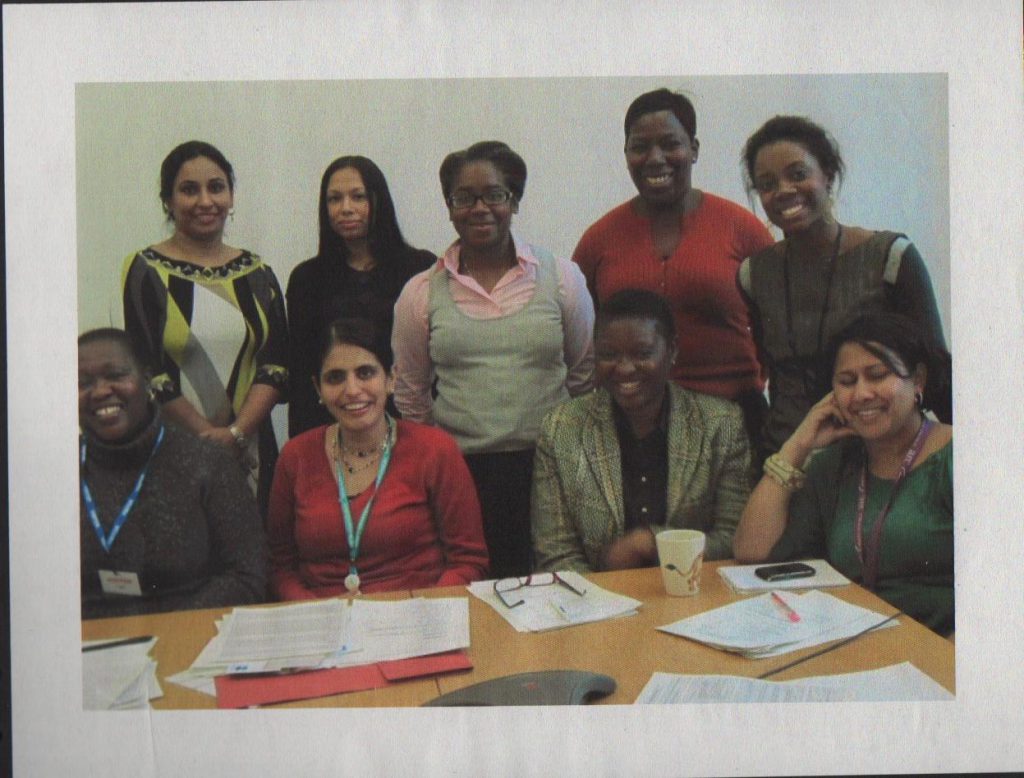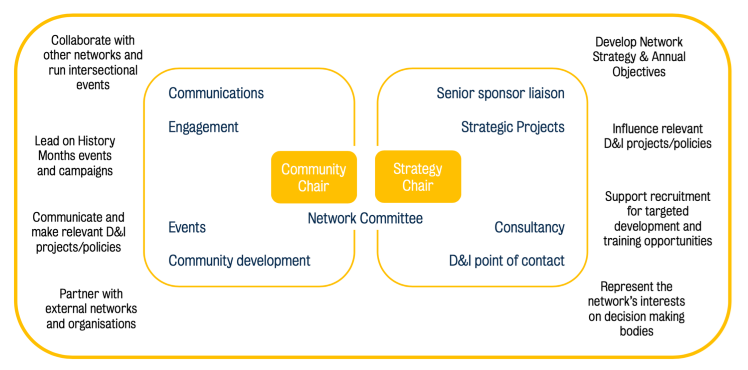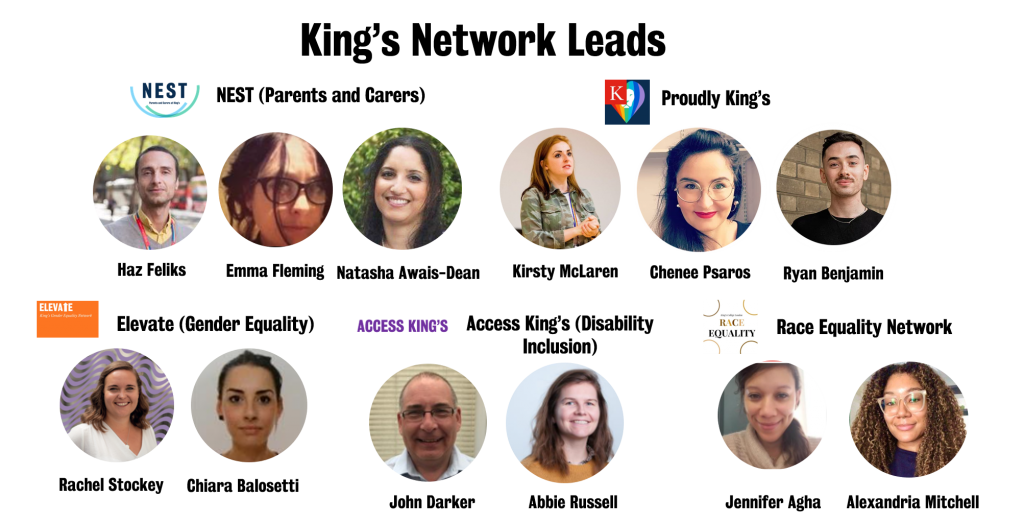This blog is part of a series from Director of Equality, Diversity and Inclusion, Sarah Guerra, where she will be addressing the ‘whole picture’ of EDI, why it is important, and how we go about making effective, systemic change.
As a former Trade Union activist and Officer, collective and self-organised groups are very close to my heart. One of my proudest achievements and fondest memories is starting a (at the time) ground-breaking Black women’s network in HMRC.
Supporting and enabling Networks is a way to visibly demonstrate ongoing commitment to enabling people to bring their ‘true selves’ to work. Networks can host regular forums that enable like-minded employees to come together to share ideas and concerns, learn from best practice (internal and external), collaborate on how to improve ways of working and make suggestions that can be proposed and implemented. This serves many purposes: it helps staff feel more engaged and connected to their organisation; it helps generate an environment where people feel their voice is heard (and can therefore motivate them to action), and helps them advocate inside the organisation and to share positive views about their place of work. All of this contributes to leaders understanding what needs to be done and the strength of feeling about it.
Our networks at King’s are something I am so proud of and love to work with. They are a key part of our EDI strategy and we have invested significantly over the last few years to help our networks form, grow and really become embedded within our policy and decision-making structures.
There are so many positives. Enabling people to lead and host in areas they have knowledge and lived experience creates ownership by those who are most passionate. They help drive the agenda forward based on personal experiences and encourage participation from colleagues and friends at work. Too, networks provide input and channels to communicate and gain feedback on activities that the organisation is undertaking.
Having given many hours of voluntary time, I feel passionately that organisations need to support networks and their leaders. We need to provide space and resources – including facilitating bringing the leads together to share their experiences of hosting these networks – so they can discuss what is going well and what needs to improve.
Critically, as with any aspect of organisational success, for networks to be truly successful, they require senior leader/board level visible support. This needs to be ongoing and real, including advocacy for the network’s agenda, presence at their events, and budget to enable their activity. It needs to be clear to everyone that this is ‘work for the benefit of all’ not a few individuals pursuing a hobby. The individuals involved need to be given time and recognition for the efforts they are making. They should be recognised as organisation talent and be invested in.
We support network leads getting some work time allocated to their network roles, and having their efforts recognised via performance appraisal. We also brought all our network leads together with Ed Byrne, our Principal, for just this reason.
As with any organisation, to be successful, a network needs to be clear on its purpose and scope and be pursuing clear goals. I love the model that our networks have developed, in terms of two streams – community and strategy. They have each set out clear objectives and work in partnership with each other and the EDI team, in an effort to give life to our ‘intersectional by design’ ambitions. In addition, you can find out more about what the networks have been up to in our annual report.
I’ll take this opportunity to give a massive shout-out and high-five to our current network leads who do such a fantastic job. Thank you so much.



